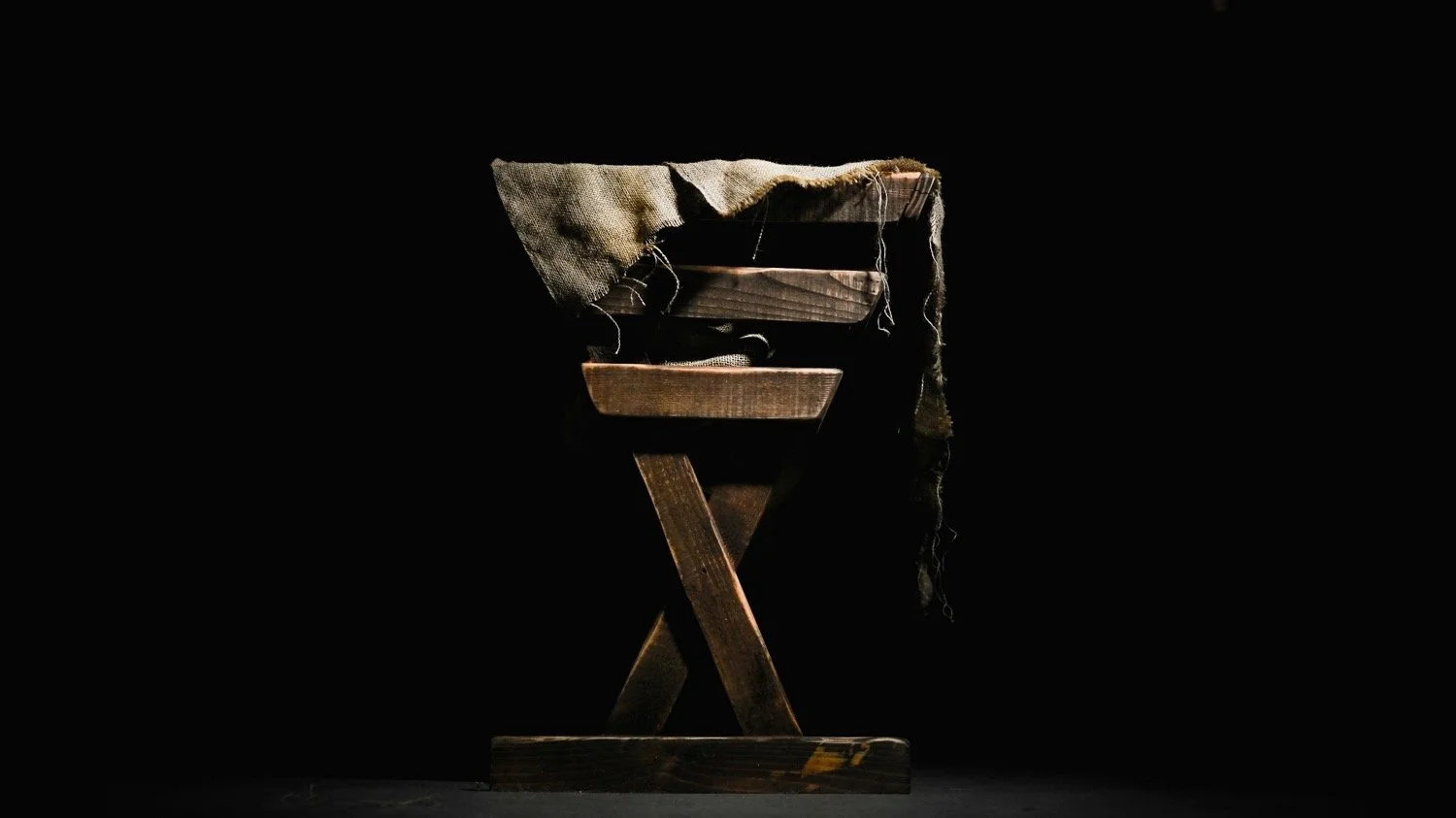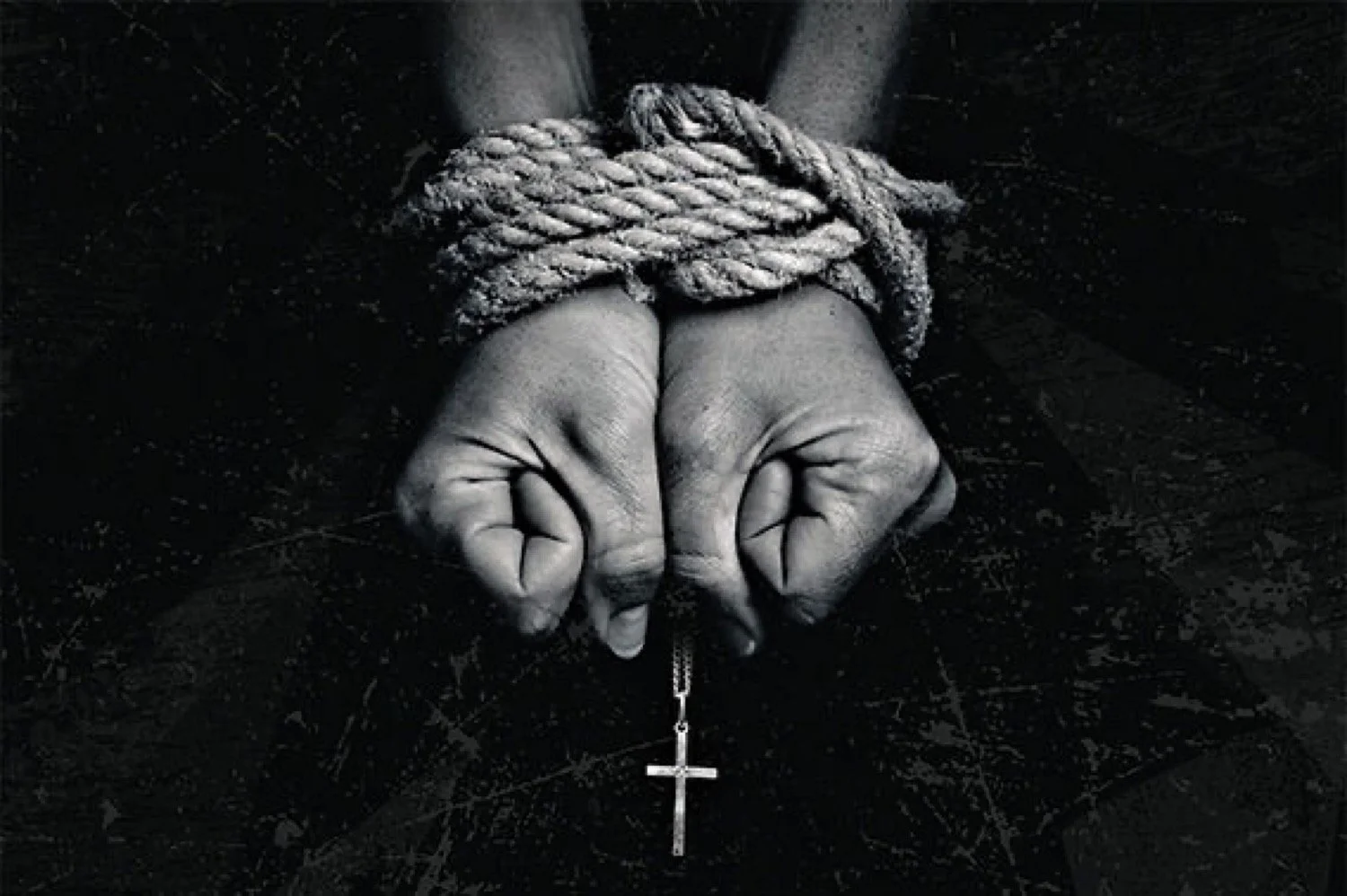Readings for today: Exodus 22-24
Someone recently asked a great question, “If God were to come down and speak to us today, would his laws be the same or changed for the current day?” The laws we read about in Exodus, or later in Leviticus, definitely seem foreign and strange to us. They have to do with the customs of the ancient near east and while they represent in many cases significant advances in human rights for the time, we don’t often see them as such because of how far human civilization has advanced.
One key to answering this question can be found in the difference between Exodus 20:1 and 20:22. In Exodus 20:1, God gives the Ten Commandments. They are written on stone tablets by his very finger. They are words directly from the mouth of God. However, in Exodus 20:22, a shift takes place. Now Moses will become the lawgiver. He will be the one to flesh out the details of the laws that will govern the daily life of Israel. It’s one of the main reasons the people of God historically have kept the Ten Commandments but not necessarily kept all the laws of Moses as they are written.
A second key to answering this question is pushing beyond the letter of the law itself to the principles they represent. This is where our study of these laws becomes fruitful even in our 21st century American context. For example, it’s worth considering the dignity the Hebrews assigned to slaves, women, children, and families. Again, for their day, these were utterly unique among ancient law codes and represent a trajectory towards our understanding of modern human rights. Consider as well the laws of proportional justice which limit revenge by making the punishment fit the crime. This principle still undergirds much of our modern legal system today. The principle of restitution is another one we understand and practice. As is God’s concern for widows, orphans, and the poor.
At the same time, there are clear areas where we struggle to implement the principles God’s given us in His law. Consider our current national struggle with immigration and refugees. I know these are somewhat separate issues legally but what does our reading from Exodus today have to say about the principles that should shape our policies in these areas? Consider the following verses, “You shall not wrong a sojourner or oppress him, for you were sojourners in the land of Egypt.” (Ex. 22:21) “You shall not oppress a sojourner. You know the heart of a sojourner, for you were sojourners in the land of Egypt.” (Ex. 23:9) “Six days you shall do your work, but on the seventh day you shall rest; that your ox and your donkey may have rest, and the son of your servant woman, and the alien, may be refreshed.” (Ex. 23:12) God makes it very clear to His people that they should treat the immigrants and refugees in their midst with compassion and mercy and kindness and care. Why? Because this is how God treated them when they were immigrants and refugees in Egypt. Now what would that look like in our context? It’s a worthy debate full of all sorts of complexity. But what’s not complex is God’s call for compassion. To treat those seeking asylum with dignity and honor because they are fellow human beings made in the image of God. Doing all we can to keep families together for example and come alongside them and care for them even as we work through the legal processes governing immigration in our modern world.
What’s the fundamental point? The most important truth that undergirds the entire law of God is this idea that we should treat one another as we have been treated by God Himself. We should extend to others the same kindness, compassion, mercy, and forgiveness that God has shown us. We should deal with one another righteously not just because “God said so” but because God DID so with us! This is what it means to keep and follow God’s law and it’s something Jesus Himself will affirm in the Sermon on the Mount (Matt. 5-7) which, by the way, is simply a restatement of the Ten Commandments.
Readings for tomorrow: 25-28




